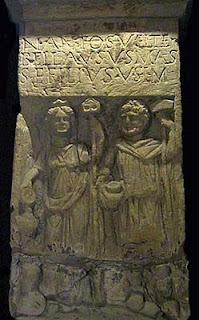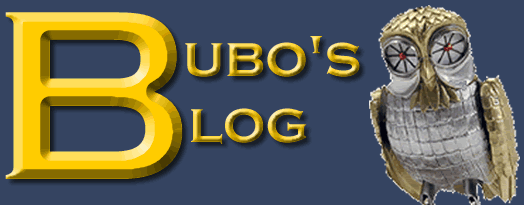 I have reviewed Bernard Cornwell's books before. I have two series of his that I love. The first is the King Alfred series. That is pretty heavy historical fiction. The other series is about King Arthur (told you I've been on a King Arthur kick lately). This takes a different approach than most King Arthur stories. It mingles the legends with a historical mindset and merges the two. You see familiar characters and they act in a familiar fashion, but they take a life of their own. I love how he portrays Lancelot as a coward (never did like the guy).
I have reviewed Bernard Cornwell's books before. I have two series of his that I love. The first is the King Alfred series. That is pretty heavy historical fiction. The other series is about King Arthur (told you I've been on a King Arthur kick lately). This takes a different approach than most King Arthur stories. It mingles the legends with a historical mindset and merges the two. You see familiar characters and they act in a familiar fashion, but they take a life of their own. I love how he portrays Lancelot as a coward (never did like the guy). This is not really a book review (although if it was I'd rank it a 4 lightning bolts out of 5 - once you get into it, you're hooked, however, getting into it may take a little bit of patience). No, I'm going to point out one thing about it that I like. In both of these series, you get a good look of what it is like to be a follower of mythology - not a fan like we are, but a believer. What is life like on a daily basis? How does a belief in Mithras or Woden affect the choices you make? Good stuff like that. If you are interested at all in either Norse or Celtic gods and goddesses, you ought to pick up one of these series (King Alfred for the Norse ones).
In Excalibur, he addresses what it would be like living in an area that believed in Christianity, Saxon gods (like Woden), newer Celtic gods (like Lugh), Roman gods (like Mithras), Egyptian gods (like Isis), and older Celtic gods (like Cernunnos). This is what it would be like to live in Saxon-invaded-England-post-Roman Empire. Here is what was said when the main character, Derfel - not Arthur, finds out that before their feast, they'll have to worship a god unfamiliar to him:
"She's brought a Druid out of Demetia, and before we all eat tonight we have to worship Nantosuelta."

"Who?" Ceinwyn asked.
"A goddess," Culhwch said carelessly. There were so many gods and goddesses that it was impossible for anyone but a Druid to know all their names.

Another reason why Christianity rocks. I actually knew some things about this goddess from teaching a high school mythology class a little while back. Nantosuelta is a Celtic goddess, but to be fair to Derfel and his wife Ceinwyn, there are different generations of Celtic gods. Many of the older ones we don't have much to go on. Nantosuelta is one of those. This picture shows her with her lover Sucellus.
Her name means, “wandering river”. She was probably a fertility goddess (water being heavily associated with childbirth). In this book, she is depicted as a fertility goddess as well. She is a patron of hearth and home and she is usually seen carrying a basket of apples. Sometimes she is seen with a raven as her symbol, a symbol that some scholars think associate her with the dead. That's one thing I like about the Celtic gods - they pretty much did a little of everything.
Well, I want to get back to my book now. Merlin is up to something, the Saxons are attacking, and Mordred and Lancelot are plotting. Oh my!

1 comment:
Interesting post as for me. I'd like to read more concerning that matter. Thanks for sharing this information.
Sexy Lady
London night life escorts
Post a Comment